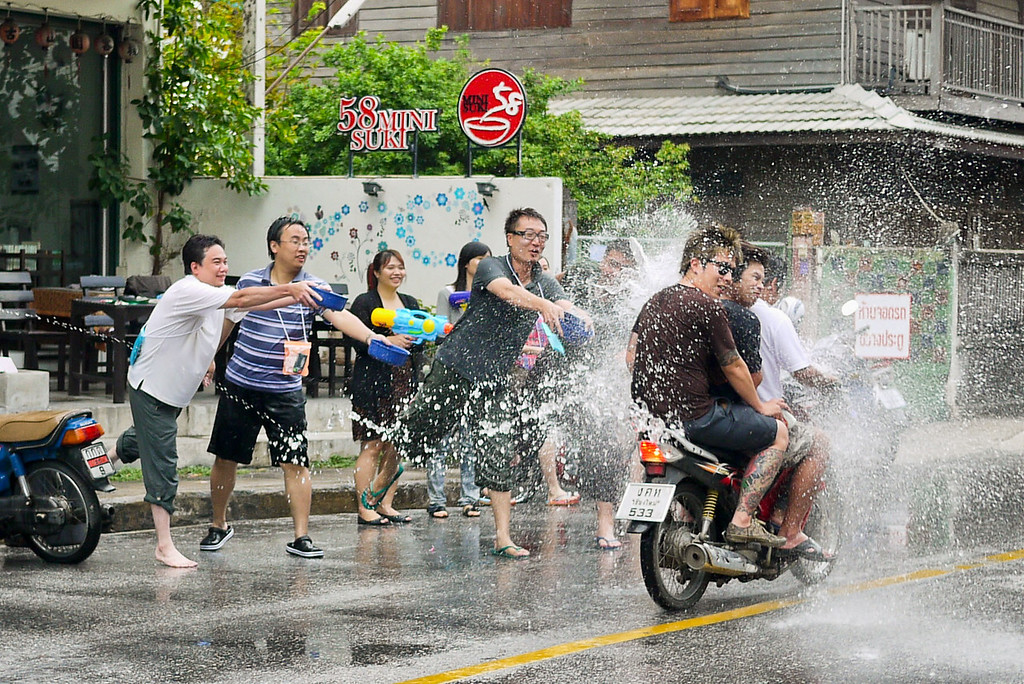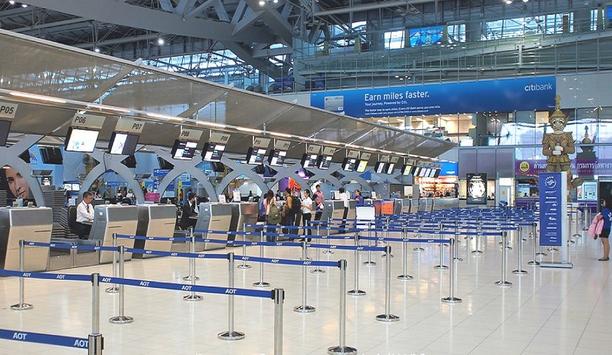The Growing Concern of Elderly Falls in Thailand
Alarming Statistics on Elderly Falls
As Thailand celebrates National Seniors Day on April 13, Public Health Minister Somsak Thepsuthin has raised awareness about the significant risk of falls among the elderly. Each year, nearly one in three Thais aged 60 and above—approximately four million individuals—experience a fall. Of these, over 300,000 require outpatient treatment, making falls the leading cause of hospital admissions for older adults. These incidents often result in serious injuries, loss of independence, and a decline in quality of life, all while placing a heavy burden on the healthcare system and economy.
Common Causes of Falls Among Seniors
Most falls occur due to slips, trips, or missteps on level surfaces. Factors such as weak muscles, poor balance, and inadequate home safety measures contribute to these accidents. Women are particularly at risk, being 1.6 times more likely than men to experience a fall. Additionally, health issues like poor eyesight and side effects from medications exacerbate the problem.
National Seniors Day: A Call for Preventive Action
The “Know, Adjust, Move More” Principle
Minister Somsak urged families to use National Seniors Day as an opportunity to adopt preventative measures under the “Know, Adjust, Move More” framework:
-
Know: Increase awareness about fall risks and encourage health assessments for older relatives to identify vulnerabilities.
-
Adjust: Enhance home safety by installing grab rails, using non-slip mats, improving lighting, and ensuring proper footwear.
-
Move More: Promote regular exercise such as resistance training and balance exercises to strengthen muscles and improve stability.
Role of Families in Fall Prevention
Dr. Panumas Yanawetsakul from the Department of Disease Control emphasized that 65% of falls occur at home. Families play a critical role in prevention by creating safer environments and encouraging physical activity. Regular exercise not only reduces fall risks but also improves mental health and social engagement among seniors.
Broader Implications for Public Health
Economic and Social Impact of Falls
The prevalence of falls among Thailand’s aging population highlights the need for national strategies to address this growing issue. Beyond individual health consequences, falls impose significant economic costs due to medical treatments and long-term care needs.
Community-Based Solutions
Efforts such as hydrotherapy programs and community fitness initiatives can help mitigate risks. Public health campaigns should focus on educating seniors about safe exercise practices while advocating for better infrastructure like swimming pools and accessible public spaces.
Celebrating National Seniors Day with Purpose
Honoring Thai Traditions
National Seniors Day coincides with the Songkran Festival, a time when families traditionally visit their elders to show respect and gratitude. This occasion provides an ideal opportunity to implement fall prevention measures while celebrating the wisdom and contributions of senior citizens.
Moving Toward a Safer Future
By adopting proactive approaches like “Know, Adjust, Move More,” Thailand can ensure a healthier and more active lifestyle for its elderly population. These efforts will not only reduce fall-related injuries but also enhance the overall well-being of older adults across the nation.









